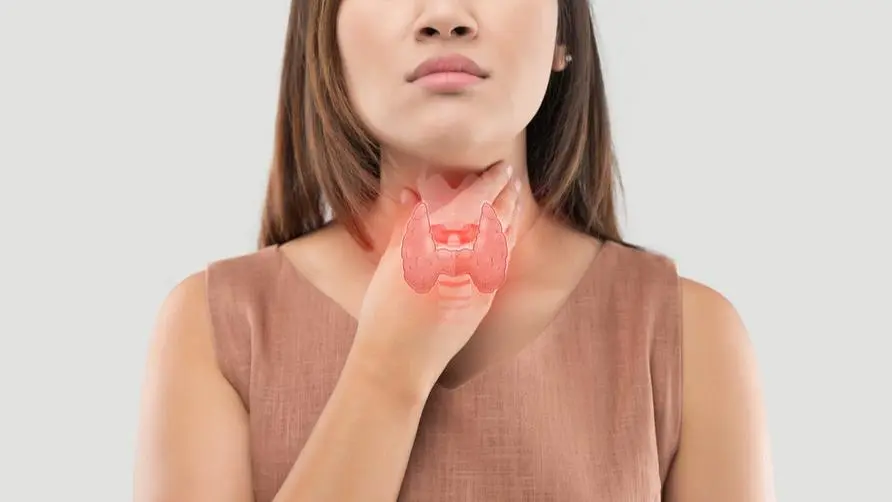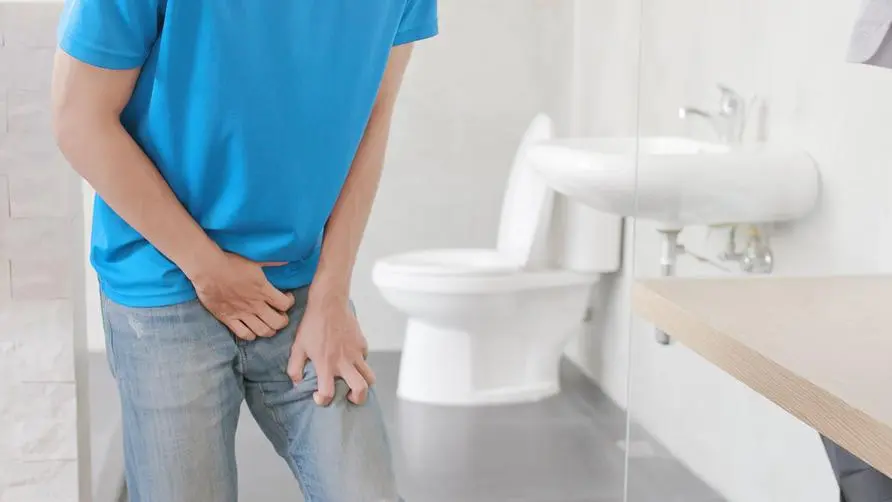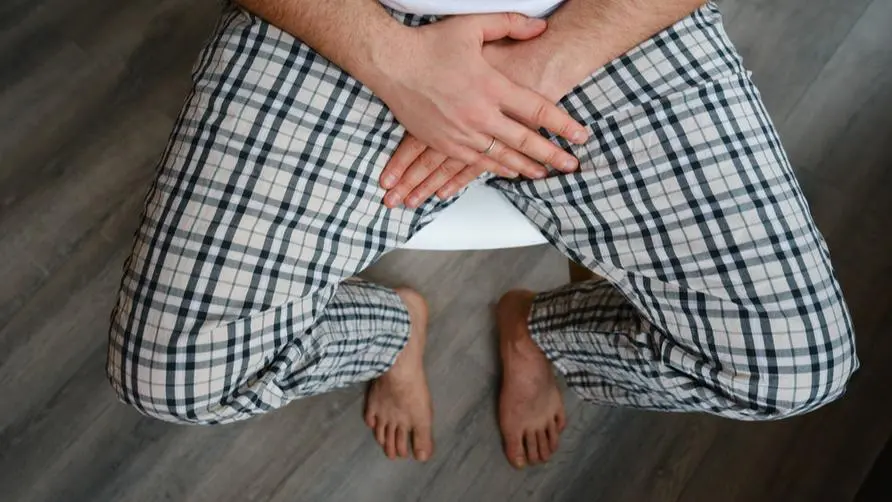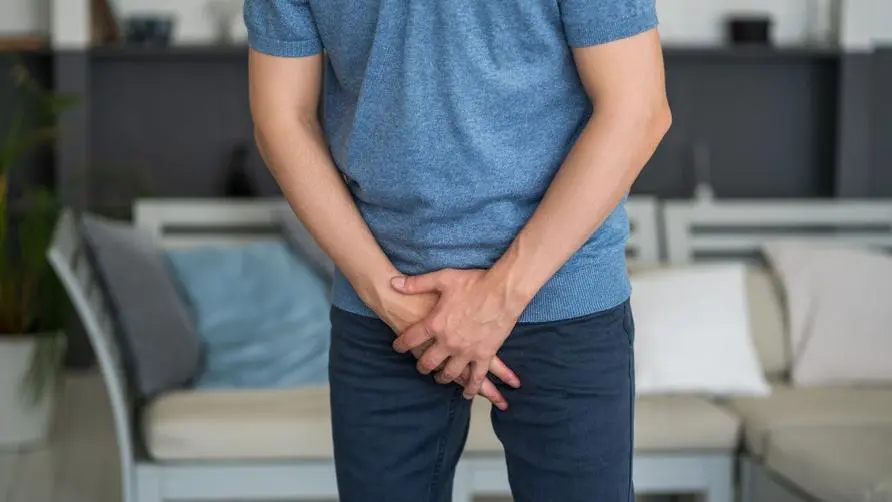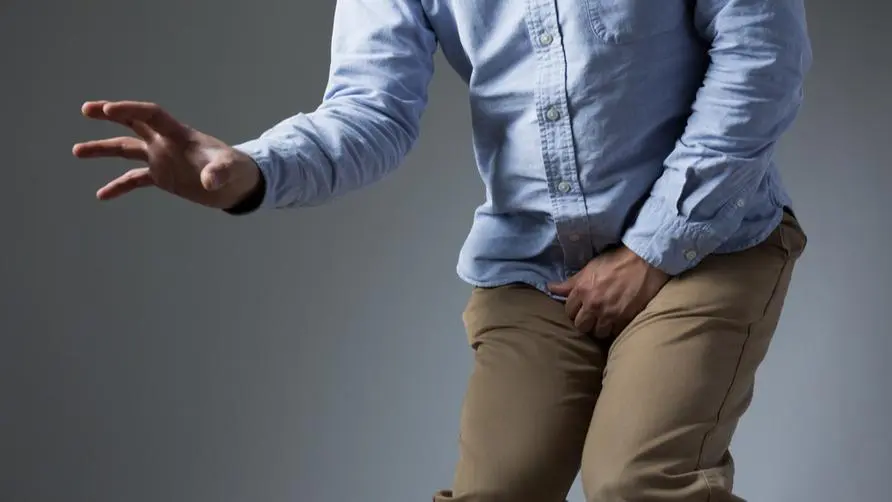Unclear peeing isn't just about a weak bladder! Men must know the 7 signs of "prostatic hypertrophy"
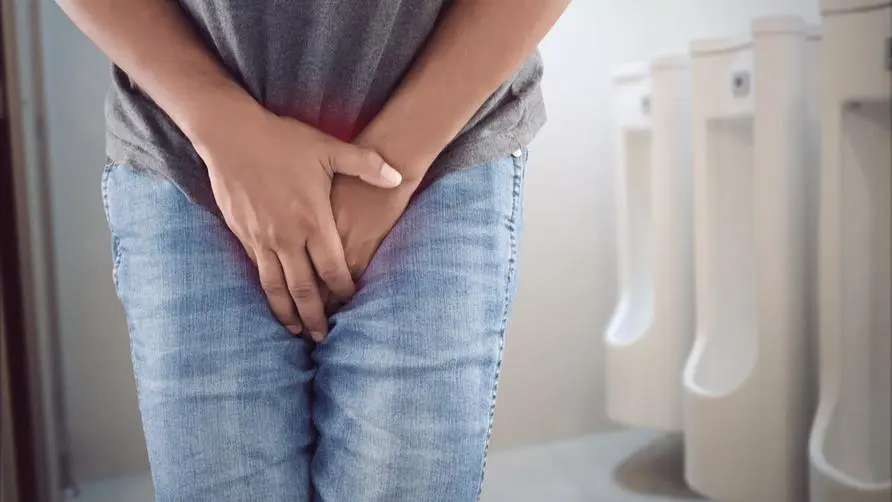
Dirty peeing isn’t just about a weak bladder! 7 major symptoms of prostate hypertrophy
Men don’t urinate cleanly and are often woken up by the urge to urinate in the middle of the night. Don’t think it’s just “bladder weakness” and ignore “prostatic hypertrophy”. Benign prostatic hypertrophy (BPH) is the most common prostate problem, and its incidence increases with age. It is a common problem for men over 50 years old. The cause of prostate hypertrophy may be related to androgen. Certain testosterone and male hormones can promote the proliferation of prostate tissue, causing difficulty in urination, frequent urination, nocturia, dribbling, residual urine, bladder distension and urinary tract obstruction. Symptoms such as tract infection.
Dr. Gu Fangyu from Gu Fangyu Urology Clinic said that prostate hypertrophy will compress the urethra and bladder. In the early stage, you may have difficulty urinating. In more serious cases, you may have frequent urination and nocturia. If the symptoms are ignored, severe cases may result in the situation of “wanting to urinate but not being able to urinate”, which will increase the pressure in the bladder and push urine out, causing urinary incontinence. In the long run, poor urinary function may affect kidney function. .
“Some patients with prostate hypertrophy deliberately reduce the amount of water they drink because of trouble urinating, which may affect the function of the urinary system. Male friends should not ignore the problem of prostate hypertrophy!” Dr. Gu Fangyu reminds that men should not ignore maintenance because of fear of embarrassment. Ignore gland-related symptoms to avoid worsening of the condition. As long as you continue to seek medical treatment and take medication to control it, the symptoms and troubles of prostate hypertrophy can be improved as soon as possible.
Is prostate hypertrophy likely to recur? There are 2 diseases where you need to be more careful when taking medicines
Benign prostatic hyperplasia can be treated with surgery or medication. The most common surgical resection is transurethral resection of the prostate (TURP). Due to the good prognosis, although there is still a chance of recurrence after surgery, the risk of deterioration is extremely low. In terms of drug treatment, α1-adrenergic blockers are the most common drugs, which can relax the smooth muscle of the prostate, help the urethra from being compressed, and improve symptoms such as irregular urination.
Dr. Gu Fangyu pointed out that type A sympathetic nerve inhibitors can be divided into three generations. The first-generation drugs such as doxazosin and other ingredients also have blood pressure lowering effects. If you do not have high blood pressure, you may feel dizzy after taking the drug; the second-generation drugs such as tamsulosin , with higher specificity of action mechanism and lower chance of dizziness and side effects; third-generation drugs, including silodosin and other ingredients, have better specificity but may cause the side effect of no semen during ejaculation.
In addition, androgen inhibitors (5-α reductase inhibitor) can also be used to treat prostate hypertrophy. The principle of action is to inhibit the male hormones that cause prostate hyperplasia, reduce the size of the prostate, and thereby reduce urination-related problems. symptom. This type of drug is mainly used for patients whose prostate hypertrophy reaches a certain size. Other drugs, such as those that help relax the smooth muscles of the bladder, can also improve frequent urination.
Dr. Gu Fangyu reminds that due to differences in drug ingredients and physical conditions, prostate hypertrophy patients with hypotension and glaucoma must inform their medical history when seeking medical treatment. The urologist will choose appropriate treatment based on the patient’s physical condition, lifestyle, etc.
Does prostate hypertrophy require surgery and medication? Symptoms should be diagnosed early
Does enlarged photographic gland necessarily require surgery or medication? The American Urological Association recommends that if symptoms are mild (IPSS between 0 and 7) as assessed by the International Prostate Symptom Scale, and there is no abnormal renal function, acute urinary retention, or recurrent urinary tract infections , follow-up observation can be adopted, combined with regular digital anal examination and prostate examination. However, when medical treatment is ineffective or complications such as recurrent urinary tract infections, urinary retention, hematuria, or bladder stones occur, surgical treatment should be considered.
As Taiwan enters an aging society and the average life expectancy of Taiwanese people increases, more and more middle-aged and elderly men are facing the problem of prostate hypertrophy. Every man may face this disease in his life. When lower urinary tract symptoms cause trouble in life, it is recommended to go to a urology department as soon as possible to receive differential diagnosis to rule out the possibility of other organic lesions and malignant tumors such as prostate cancer. The correct way to improve symptoms and improve quality of life is by doctors choosing appropriate treatments based on clinical conditions.
Source:
Diagnosis and treatment of benign prostatic hyperplasia
Correct use of medication to improve prostate hypertrophy! - Drug and Food Safety Weekly Report
Weak and dripping urine? Learn about prostate hypertrophy! - Drug and Food Safety Weekly
Further reading:
